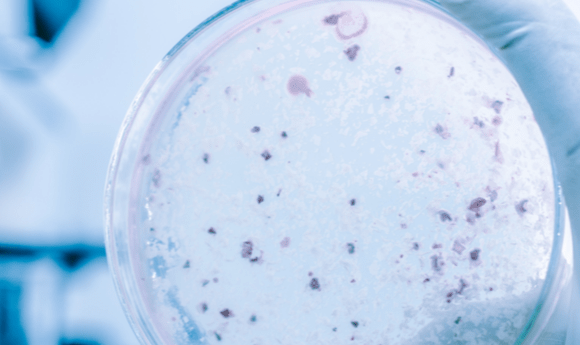CRISPR/Cas9 combats antibiotic resistance

A study published in Antimicrobial Agents and Chemotherapy demonstrates that CRISPR/Cas9-encoding delivery plasmids can be successfully used for combating antibiotic resistance in Enterococcus faecalis.
Researchers from the University of Colorado School of Medicine (CO, USA) and The University of Texas at Dallas (TX, USA) have engineered a plasmid that removes antibiotic resistance genes from Enterococcus faecalis, providing new insights into strategies for combating antibiotic resistance.
E. faecalis is a commensal bacterium, normally inhabiting the gastrointestinal tract. However, antibiotic use can disrupt healthy intestinal flora allowing E. faecalis to become pathogenic and drive the acquisition of resistance genes.
“Our concern with organisms that cause hospital-acquired infections that are resistant to many clinical antibiotic therapies motivated the research,” commented co-senior author Breck A. Duerkop (University of Colorado School of Medicine).
- Novel CRISPR/Cas9 nano-carrier shows promise for therapeutic applications
- CRISPR infographic
- Q&A: what does the future hold for CRISPR?
E. faecalis passes resistance genes through a process called conjugation. The bacteria come in direct contact to transfer the genetic material. The team produced a CRISPR/Cas9-encoding delivery plasmid, with a limited host range for E. faecalis, to remove the genes conferring antibiotic resistance.
“The engineered plasmid can significantly reduce the occurrence of antibiotic resistance in the target bacterial population rendering it more susceptible to antibiotics. We envision that this type of system could be used to re-sensitize antibiotic-resistant E. faecalis to antibiotics,” explained Duerkop. “Future studies will need to be done to address such an issue as E. faecalis avoiding the targeting system and under what conditions this may happen.”
In mouse models, this particular conjugate delivery of CRISPR-Cas9 delivery plasmid demonstrated a three-fold reduction in the abundance of resistance genes. The team highlights the need for continued research, especially on clinical isolates of E. faecalis, to determine the efficacy of the delivery plasmids.
Overall this study provided an insight into potential new strategies for reducing antibiotic resistance, which The World Health Organization has stated is one of the biggest threats to global health, food security and development today.





